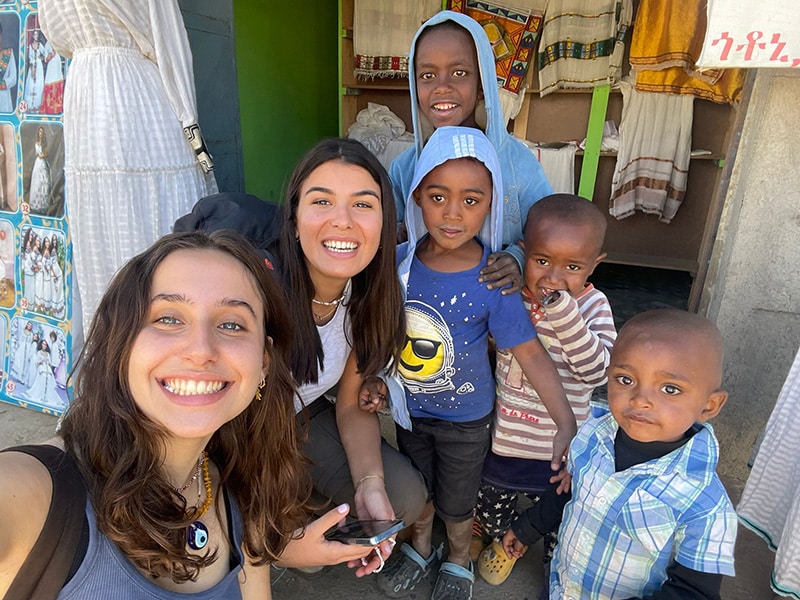This week we read the Torah portion of Mishpatim. Following the giving of the Ten Commandments in last week’s portion, the Torah proceeds to explain many monetary laws. One law deals with the Jewish slave.
The Torah states, “Should you buy a Hebrew slave, he shall work [for] six years, and in the seventh [year], he shall go out to freedom without charge.” It continues that should the seventh year come, and the Jewish slave decides that he prefers to remain a slave, “his master shall bore his ear with an awl, and he shall serve him forever.”
This seems like a rather peculiar ritual. What is the significance of piercing his ear? Moreover, the Torah is supposed to be eternally relevant. How then does this relate to our lives today?
The condition of slavery is one of complete dependency. The slave is completely dependent on his master. This manifests even today. How many of us depend on the approval of others for our self-worth? When a person is always looking to others, caring about what they think, and acting in accordance with the will of their peers, this is a form of slavery.
The Talmud says that the reason the slave has his ear pierced is that it was with that ear that he heard G-d speak directly to him at Sinai. The Torah is telling us that when someone becomes so dependent on others that he becomes a slave to their will, we must remind that person of his own significance. “Of all people, the Creator of all worlds chose to speak directly to you! Don’t you know how important and special you are! This state of dependence you’ve fallen into is unbecoming of you!”
Like pieces of a puzzle, we all play a unique and special role in this world. Copying the form of another would ruin the entire puzzle. So too, G-d decided that the world is incomplete without each of us individually fulfilling our roles. To be someone we are not goes against not only ourselves but the entire plan of creation. May we merit to know our own self-worth and in so doing proudly play the unique role we were created by G-d to play!
– Rabbi Liad Braude



















